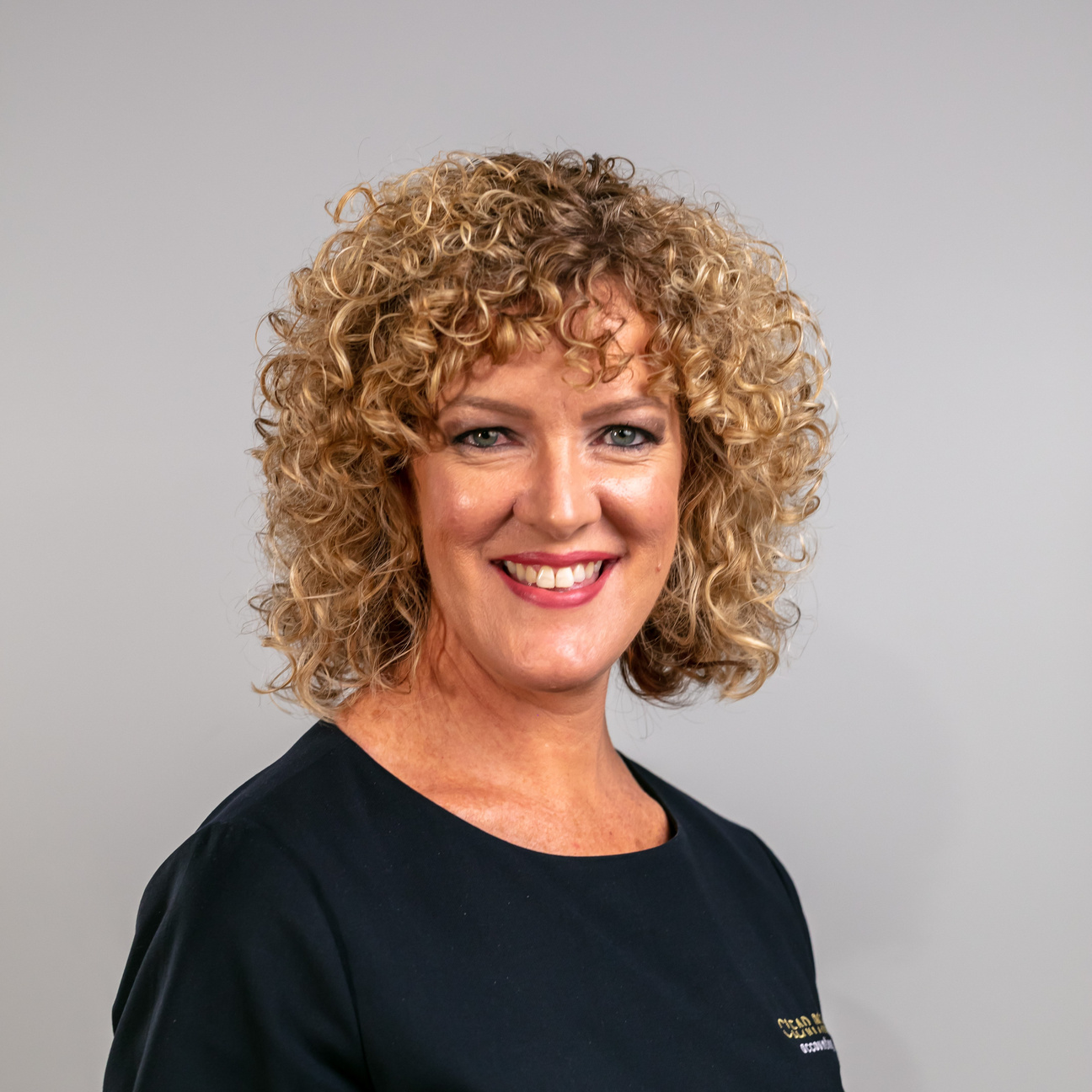If you have any type of tax debt or overdue return, the secret to keeping the ATO at bay is communication!
The ATO is a very powerful creditor, so demands careful handling and negotiation.
Do not ignore tax debt notifications. Although they are confronting, these notifications are a forewarning of pending debt collection action. The most important first step is to let the Australian Taxation Office (ATO) know that you are not ignoring the debt. Early intervention provides more options and usually results in better outcomes for all stakeholders.
If you cannot pay your tax obligations in full by the due date, an ATO payment arrangement can be the easiest solution. However, there are a few things to understand before you decide to make an ATO payment arrangement:
1. Your business must be able to service the arrangement.
When negotiating an arrangement, you may be required to show that your business is viable. When assessing a business’s viability, the ATO looks at your ability to pay debts and meet ongoing commitments. You may be asked to provide detailed profit & loss and balance sheet information, so have that data ready.
2. Keep up to date with current tax obligations.
Whilst the payment arrangement is in place, you must lodge all future returns on time, and pay the associated tax liability in full, otherwise the arrangement will automatically default. If you know you cannot meet these obligations, ask your accountant to contact the tax office immediately to avoid default action.
3. Interest will apply.
You will incur general interest charges during your payment arrangement. Although this is tax deductible, it is charged at a higher rate than other types of finance. You may want to assess other finance options to ensure minimal impact on your business’ cash flow.
4. Interest-free option available to some taxpayers.
If you’re a small business with an activity statement debt, you may be able to pay it off interest-free over 12 months. There are eligibility criteria, however generally, you will need to have a good history of tax lodgments and payments and your debt must be less than $50,000.
5. Budget for both debts.
When you are determining the regular payment amount, remember that you must pay all amounts owed in the shortest possible timeframe, while allowing for all future tax obligations to be met by the due date.
6. Remission is available.
If you have circumstances that lead to your tax debt problem, which were beyond your control, you can request a remission of any late lodgment penalties and interest charges. This could include: illness of a family member, a recent death of a loved one, marriage breakdown, and other stressful situations.
7. Personal liability is a possibility.
If you don’t act quickly and you are a director of a company, the ATO can issue a Directors Penalty Notice. This makes you PERSONALLY liable for Pay As You Go (PAYG) taxes and superannuation guarantee charges, which remain unpaid or unreported 3 months after the due date. Obviously, this can have severe financial consequences for directors and their family, so communication with the ATO is essential!
If tax debt is ignored, the ATO can take more serious action including referring the matter to external collection agencies, issuing garnishee notices, director penalty notices, or bankruptcy notices, or commencing wind up action. However, these steps are usually for taxpayers who: are unwilling to work with the ATO, repeatedly default on existing payment arrangements, and/or don’t have the capacity to pay.

The best person to discuss your tax debt with is your accountant.
They can help you determine the best course of action and can relieve some stress by negotiating with the tax office on your behalf.
At Clear Path Accounting, we can create a tax payment plan customised to your situation, deal with the ATO on your behalf, provide you with relief knowing you are back on track, and take steps to minimise your tax liabilities wherever possible. We can also help you with all your budgeting and cash flow forecast needs.
Contact us or call us 02 4739 2700 to book a meeting so we can get to know your situation, and help you resolve your tax debt issues.


